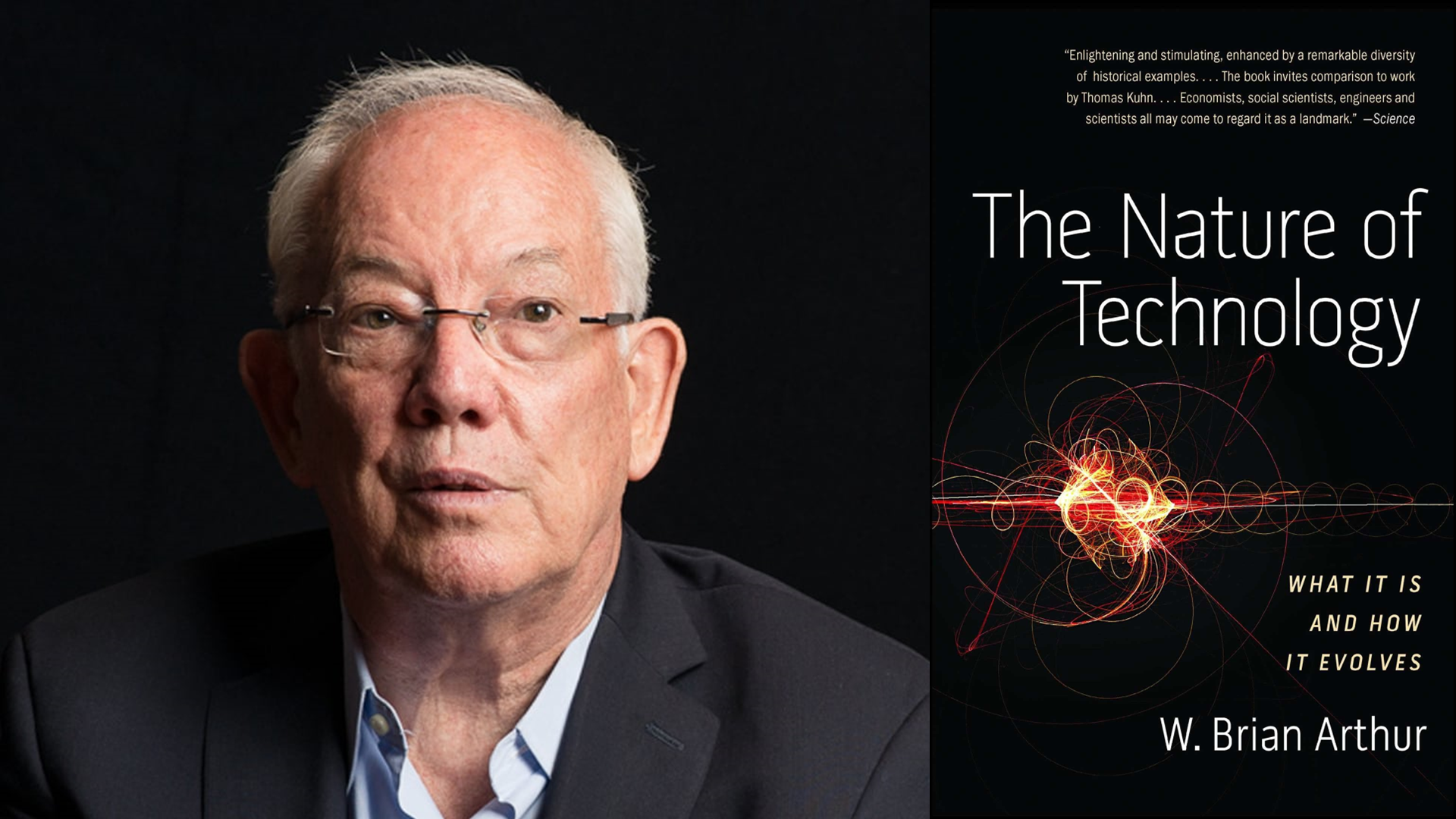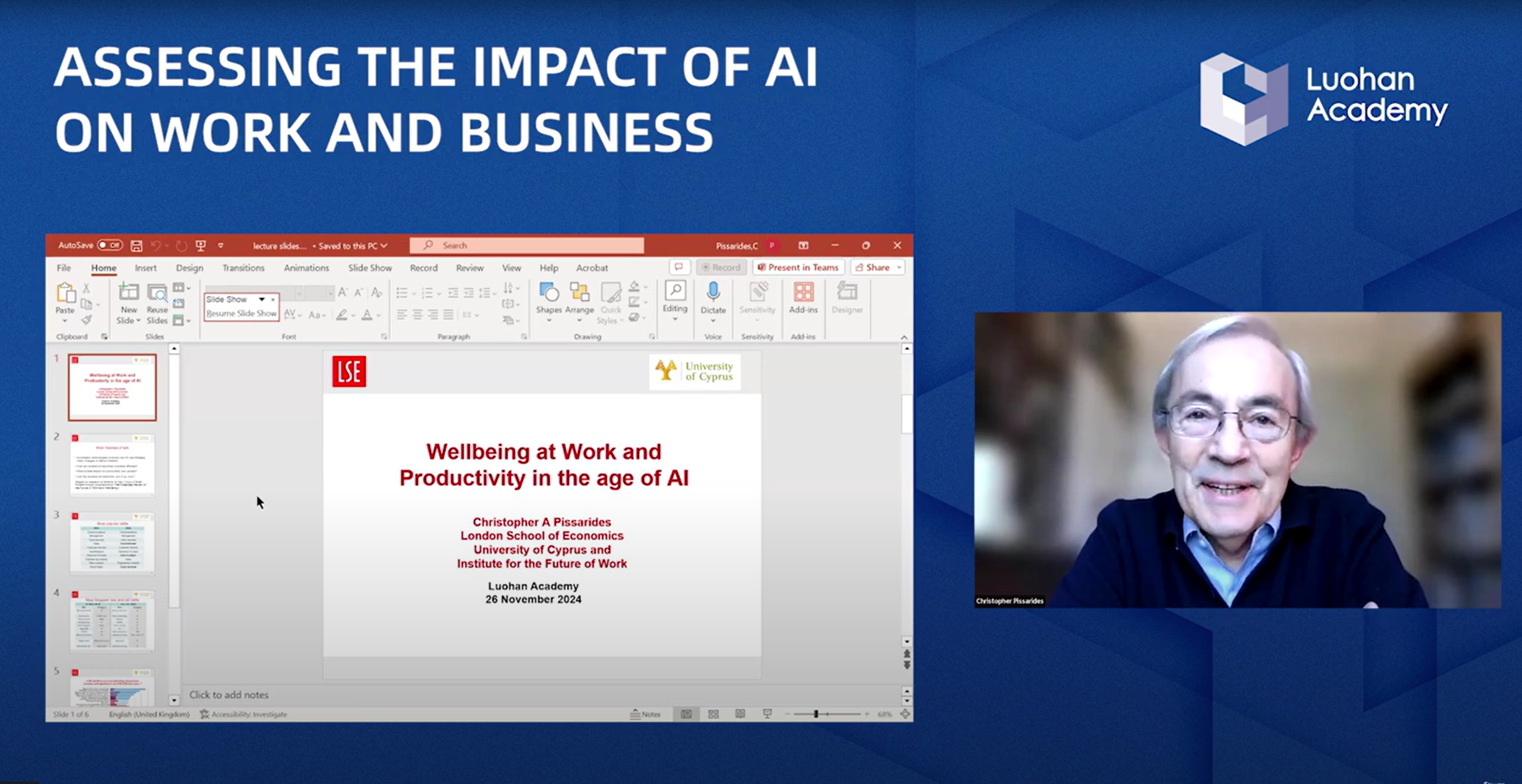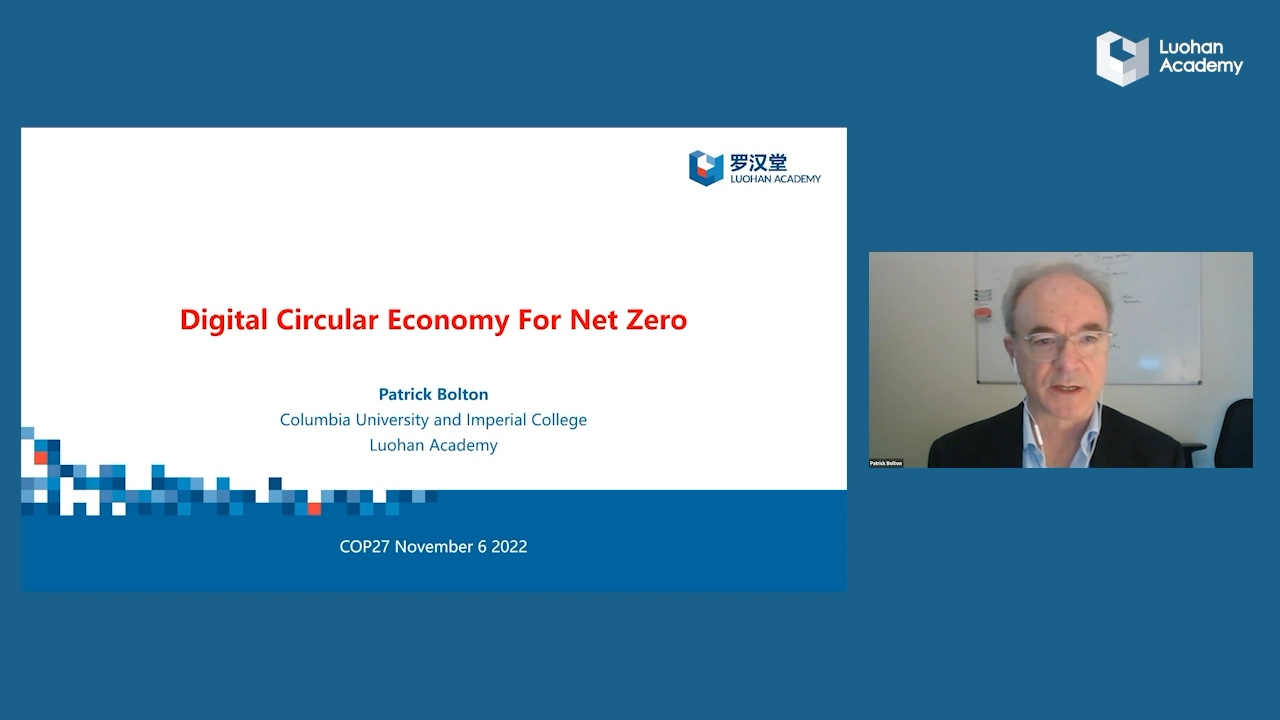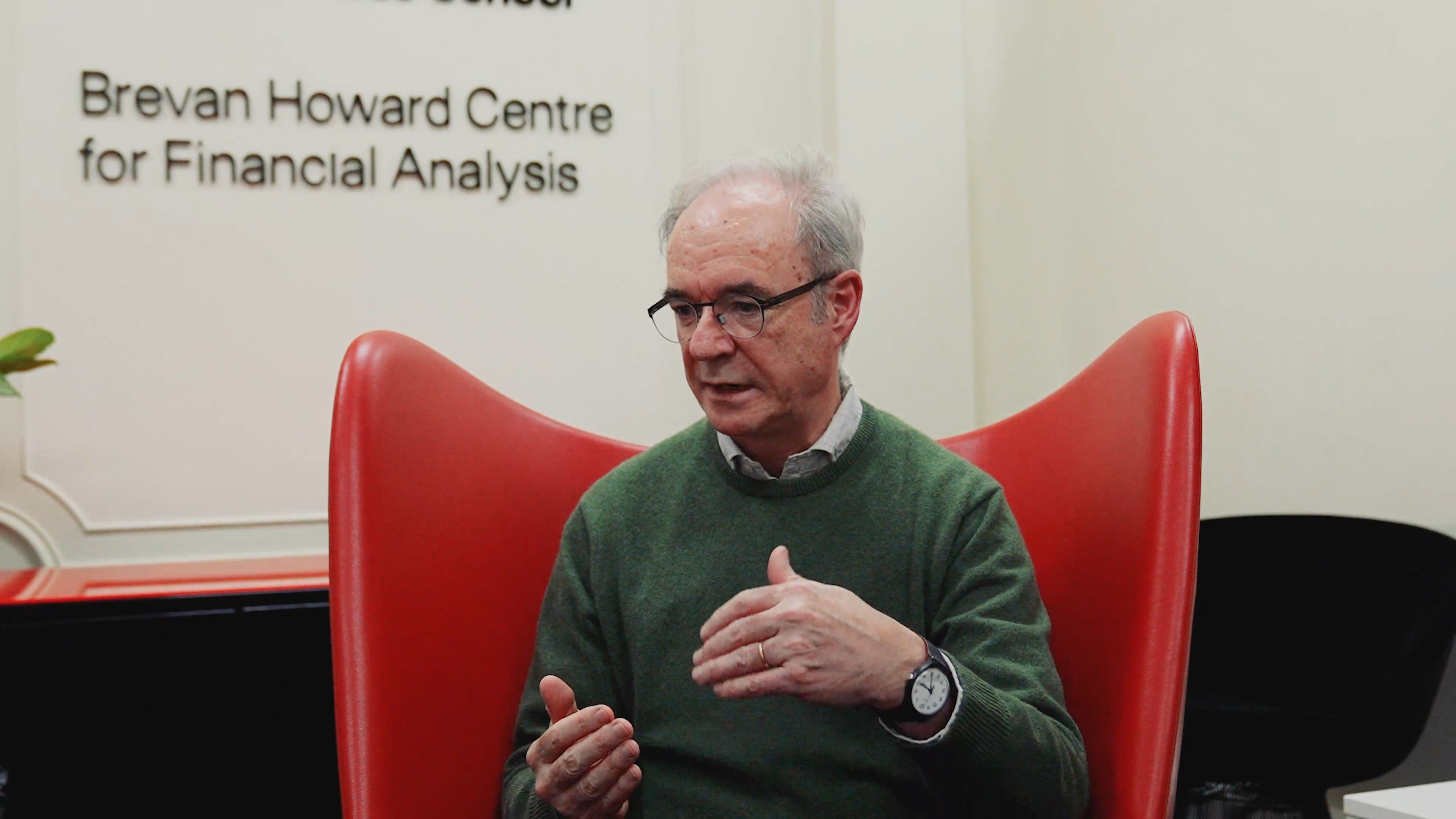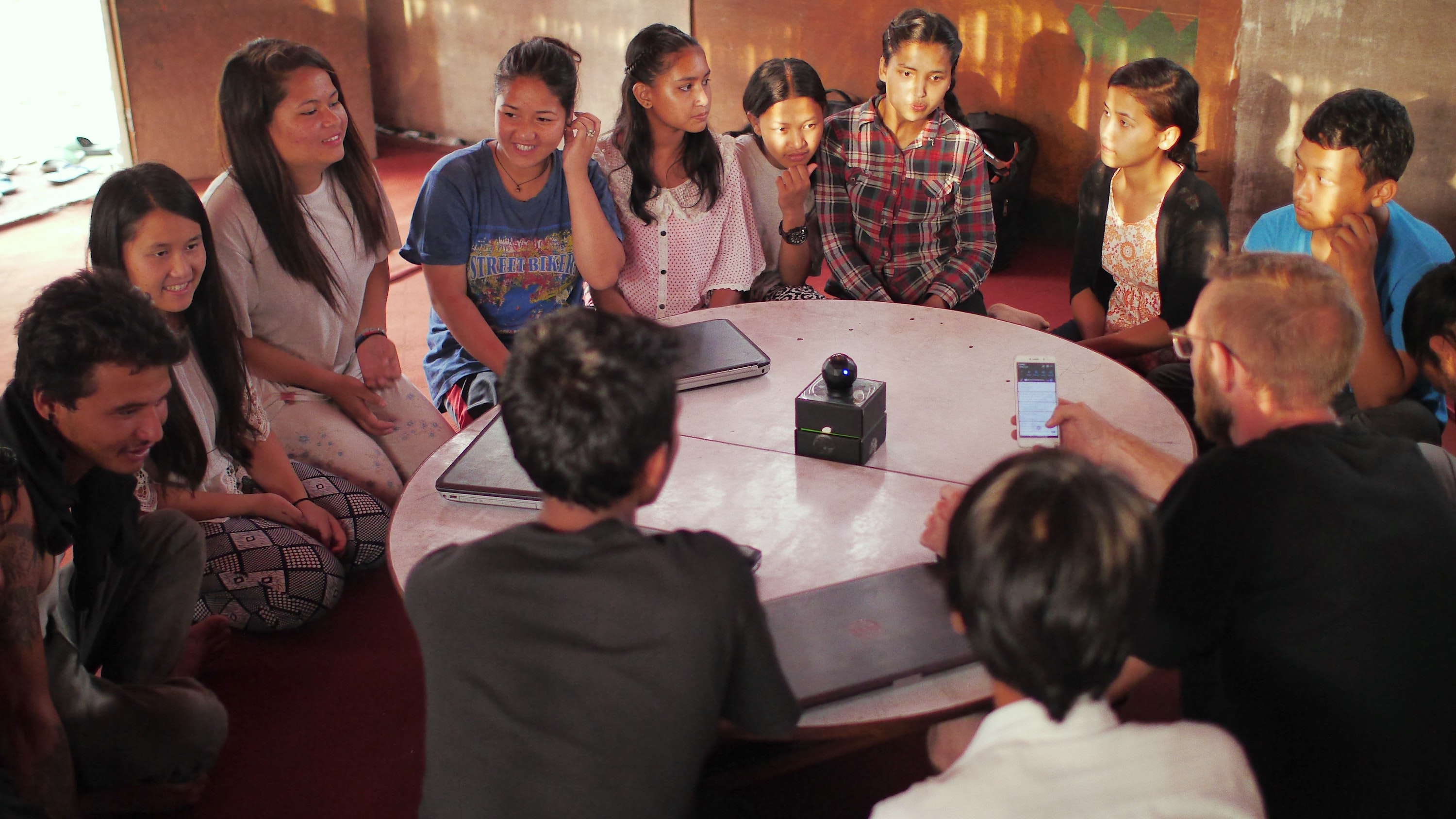
Photo by Jens Johnsson on Unsplash
There is little doubt that digital technology is quickly reshaping our economy and our lives. It has added both excitement and anxiety to all walks of life, but interestingly, this new paradigm is not reflected in GDP. The drawbacks of GDP are well known. However, unless we can measure the benefits and tradeoffs of technology accurately, it will be challenging to leverage the full advantages of technology. This premise led Luohan Academy to invite three world-renown economists and tech scholars to this year's World Internet Conference in Wuzhen to discuss Beyond GDP. The three scholars included Nobel Laureate and NYU professor Dr. Michael Spence, technology policy director of MIT's Internet Policy Research Initiative, Dr. Taylor Reynolds, and Professor of Management at the SC Johnson College of Business, Cornell University, Soumitra Dutta, with Dr. Long Chen serving as moderator.

Photo by M. B. M. on Unsplash
The Five Takeaways
1. Measurement is Critical
Dr. Chen's opening remarks emphasized that there is little doubt that digital technology is quickly reshaping our economy and our lives but has come in the form of a "double-edged sword." As it has added both excitement and anxiety to all walks of life, but interestingly, this new paradigm is not reflected in GDP. The drawbacks of GDP are well known. However, unless we can measure the benefits and tradeoffs of technology accurately, it will be challenging to leverage the full impact of technology.
2. Artificial Intelligence is the Future
When asked how China's growth compares to other countries, Soumitra Dutta surmised that while other countries didn't capitalize on the internet disruption, China embraced it. Adding that, "China leaped frog with the internet revolution, and now the next big disruption of the future is with Artificial Intelligence, and there is a race to see who will dominate the space."

3. We are Moving to a Multidimensional System
Whether policymaker or CEO, digital technology is changing the roles of both how governments serve their citizenry but also how companies serve society. Dr. Spence emphasized this point, saying, "the bottom line is that we are moving to a multidimensional system, and if we sit on that platform and research digital technology, we are more likely to get a balanced view." This not only spoke to how to measure digital transformation but also how companies are moving to a multi-stakeholder model.

4. Privacy and Security are Paramount
It is no secret that the wide adoption of digital technology comes with tradeoffs, the most crucial being privacy. In regards to digital growth, Dr. Reynolds reminded us that digital growth must go hand in hand with security and privacy safeguards.

5. Technology Must be Human Oriented
Engineering solutions to problems instead of products is critical. While concept cars are beautiful, they are figments of the imagination; they cannot get you from place to place. Both Dr. Dutta and Dr. Spence spoke to this point. Professor Dutta pointed out that when developing technology and adopting digital technology, we must "think very carefully of the purpose of using technology, and the purpose must be equal driven and independent." Finally, professor Spence added, that people do not need to adapt to technology, "you can adapt technology to the capabilities that we as human beings are."

